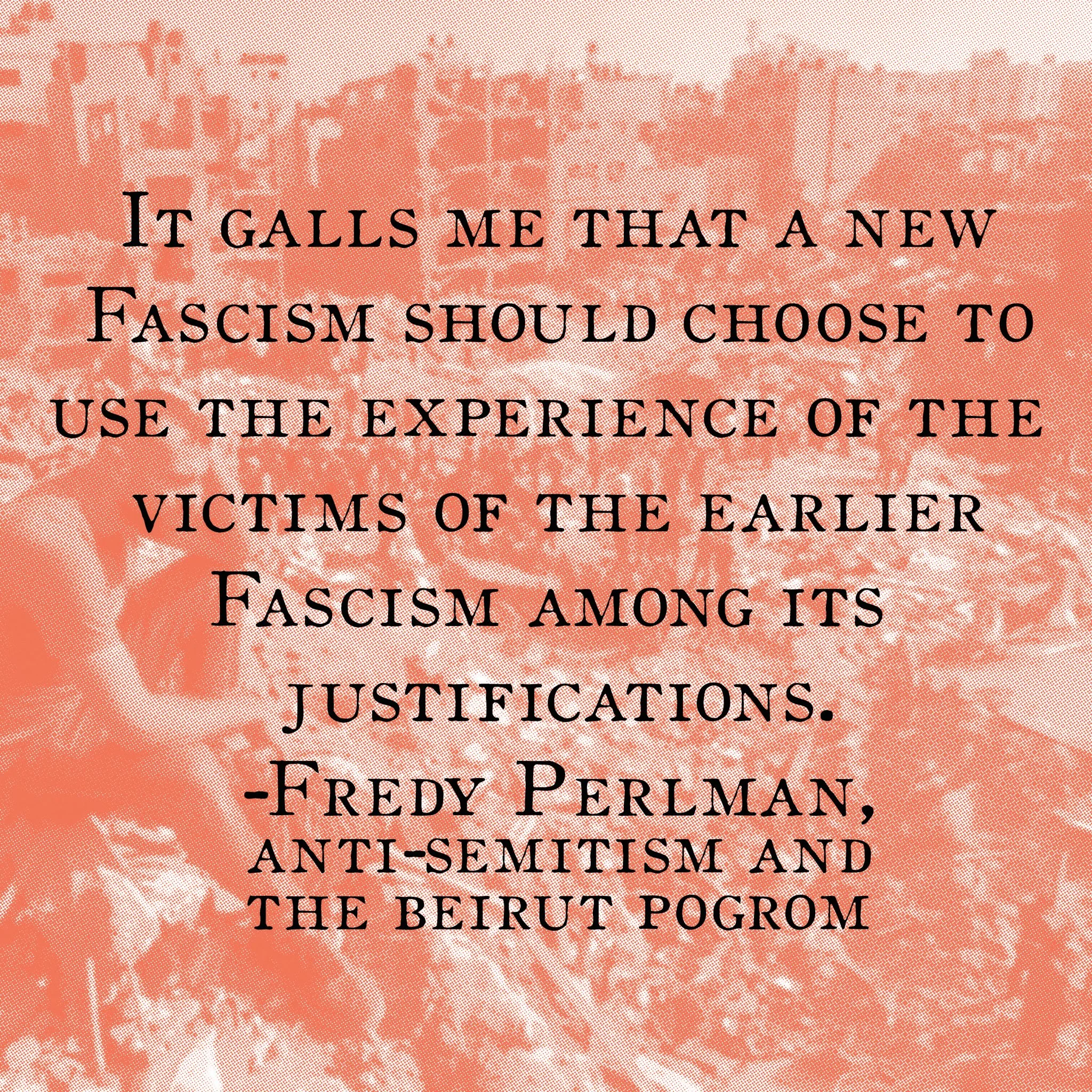Cynosuralism is one of my own interpretations of libertarian political philosophy. I had originally named it as “Sociocratic Confederalism” as it is heavily inspired by Democratic Confederalism, Communalism, Libertarian Municipalism, and Social Ecology, all of which are interconnected amongst themselves.
It is also influenced by communitarianism, autarchism, mutualism, and many more philosophical, political as well as non-sectarian concepts such as the concept of the “ecovillage” intentional community.
Introduction to Cynosuralism
Ideology
Overview
Cynosuralism, a nuanced political philosophical, emerges as a beacon of hope amidst the tumultuous currents of contemporary governance paradigms. Rooted in principles of autonomy, decentralization, sustainability, and sociocratic self-organization, Cynosuralism envisions a transformative societal framework where communities govern themselves in confederated harmony, fostering a culture of virtuous liberty and collective prosperity.
At its core, Cynosuralism represents a departure from traditional top-down governance structures, offering a dynamic alternative that empowers local communities to chart their own destinies. Inspired by the rich tapestry of anarchist ideals, communalist principles, mutualist thought, and pacifist approach, Cynosuralism advocates for a bottom-up approach to governance, where decision-making authority is vested in the hands of those most directly affected by the outcomes.
Sociocracy
Sociocracy, characterized by inclusive and transparent decision-making processes, lies at the heart of Cynosuralist governance. Drawing upon the wisdom of sociocratic principles, Cynosuralism endeavors to cultivate a culture of consent-based decision-making, ensuring that the voices of all community members are heard and respected.
Decentralization
Decentralization serves as another cornerstone of Cynosuralist philosophy, challenging the hegemony of centralized power structures in favor of a more distributed model of governance. By dispersing authority across multiple levels of organization, Cynosuralism seeks to mitigate the risks of tyranny and foster greater grassroots participation in decision-making processes.
Autonomy
Central to the ethos of Cynosuralism is the concept of autonomy, wherein communities retain sovereignty over their affairs, free from external coercion or domination. This autonomy is not merely symbolic but is enshrined in the fabric of the confederal system, where each community is granted the freedom to determine its own path while engaging in cooperative endeavors with others.
Sustainability
Sustainability in Cynosuralism underscores the imperative of ecological balance and resource stewardship within intentional communities. Embracing sustainability entails adopting practices that minimize environmental impact, promote renewable energy sources, and prioritize conservation efforts. By integrating sustainability into its ethos, Cynosuralism aims to ensure the long-term viability of communities while safeguarding the natural world for future generations.
Posthumanitarianism
Cynosuralism places a strong emphasis on posthumanitarianism, extending ethical considerations beyond human welfare to encompass the well-being and of all sentient beings, including animals and ecosystems. This philosophy aligns with the cardinal principle of sustainability, as it acknowledges the interconnectedness of life and advocates for compassionate and sustainable actions that promote the flourishing of all beings and the preservation of the environment. By prioritizing the flourishing of all beings and promoting sustainable practices, cynosuralism advances the creation of a harmonious and equitable society where individuals can thrive in harmony with one another and the natural world.
Conditional Pacifism & Principle of Proportionality
Conditional pacifism alongside the principle of proportionality stands as a fundamental tenet of Cynosuralist ideology, underscoring the philosophy's commitment to resolving conflicts through non-violent means. By advocating for this nuanced approach to pacifism, Cynosuralism acknowledges the complexities of real-world conflicts while emphasizing the importance of proportionality and restraint in response to aggression. This principle aligns with Cynosuralism's overarching goal of fostering harmony and cooperation within communities, promoting social justice, and safeguarding individual freedoms.
Free and Open Organization
The Free and Open Organization - a confederated polity, emerges as the structural embodiment of Cynosuralist ideals, providing a framework for cooperative interaction among autonomous communities. Through confederal councils and assemblies, intentional communities come together to address common challenges, share resources, and coordinate collective action, while safeguarding the sovereignty of individual entities.
Common Ownership & Cooperative Economics
In terms of economy, Cynosuralism advocates for common ownership and cooperative economics as complementary to its cardinal principles. Cynosuralism emphasizes autonomy, decentralization, sociocracy, and sustainability, all of which align closely with the principles of common ownership and cooperative economics.
Autonomy and decentralization are upheld through common ownership, as communities collectively manage and govern their resources without external interference. Sociocracy is facilitated by the democratic decision-making processes inherent in cooperative enterprises, where members have an equal say in the management and direction of the organization. Sustainability is promoted through the stewardship of resources by the community, ensuring their equitable distribution and responsible use for the benefit of both current and future generations.
Imperfectionism & Pragmatism
While Cynosuralism accepts peaceful coexistence with the state, it must respect the self-government of local communities and refrain from assimilation efforts or intervention in key issues. However, this coexistence does not mean acceptance of the classic state structure with its despotic attitude of power.
Cynosuralism advocates for a transformation in the role of the state, envisioning it as a more modest political institution with limited sovereign rights. In this reimagined framework, the state primarily focuses on ensuring internal security and providing essential social services. This shift aims to reduce the state's dominance over societal affairs and create more space for individual autonomy and community self-governance. Guarantees for healthcare, education in native languages and cultures, and protection of individual freedoms and rights are integral to this process, emphasizing the state's responsibility towards the well-being and empowerment of its citizens.
Virtuous Liberty
At the heart of Cynosuralism lies the pursuit of virtuous liberty, a concept akin to the philosophical notion of Eudaimonia, wherein individuals are free to pursue their flourishing in harmony with ethical principles and the common good. By prioritizing the well-being and autonomy of individuals within the broader context of community welfare, Cynosuralism seeks to forge a path towards a more just, equitable, and sustainable society.
Conclusion
In conclusion, Cynosuralism or Sociocratic Confederalism is a system of self-organization of intentional communities based on cardinal principles of sociocracy, decentralization, autonomy and sustainability in the form of a confederated polity, referred to as a “free and open organization”. The ideology serves to guide its constituent communities and their residents in the pursuit of virtuous liberty.
Symbolism & Etymology
The symbolism and etymology of cynosuralism are deeply intertwined. The term is derived from root word "cynosure," which originates from the Greek word "κυνόσουρα" (kynosoura), referring to the constellation Ursa Minor, specifically the North Star, Polaris. In ancient navigation, the North Star served as a reliable point of reference for sailors, guiding them safely through their journeys. Metaphorically, it came to represent a guiding principle or focal point that provides direction and stability.
In the context of cynosuralism, the '✦' symbol serves as a modern representation of the cynosure. The symbol visually encapsulates both a compass and a star. It serves as a guiding star, embodying the principles and values of the ideology, akin to how the North Star guided sailors. Each point of the star symbolizes cardinal principles of cynosuralism, including sociocracy, decentralization, autonomy and sustainability.
Therefore, the term "cynosuralism" itself draws from the concept of the cynosure symbol, representing a guiding ideology that aims to steer society towards a more just, equitable, and sustainable future. Like the North Star, it serves as a beacon of hope and direction, guiding individuals and communities towards virtuous liberty and ethical governance.
If you've made it this far, thank you for reading. I do want to state that a large part of the above text was made using Generative AI as I am not the best at articulating my thoughts. The results were more much eloquent and fancy than I would have liked them to be. I do have my own version but it's much more elaborate than necessary and also repetitive at times. I can share that if someone is interested.


